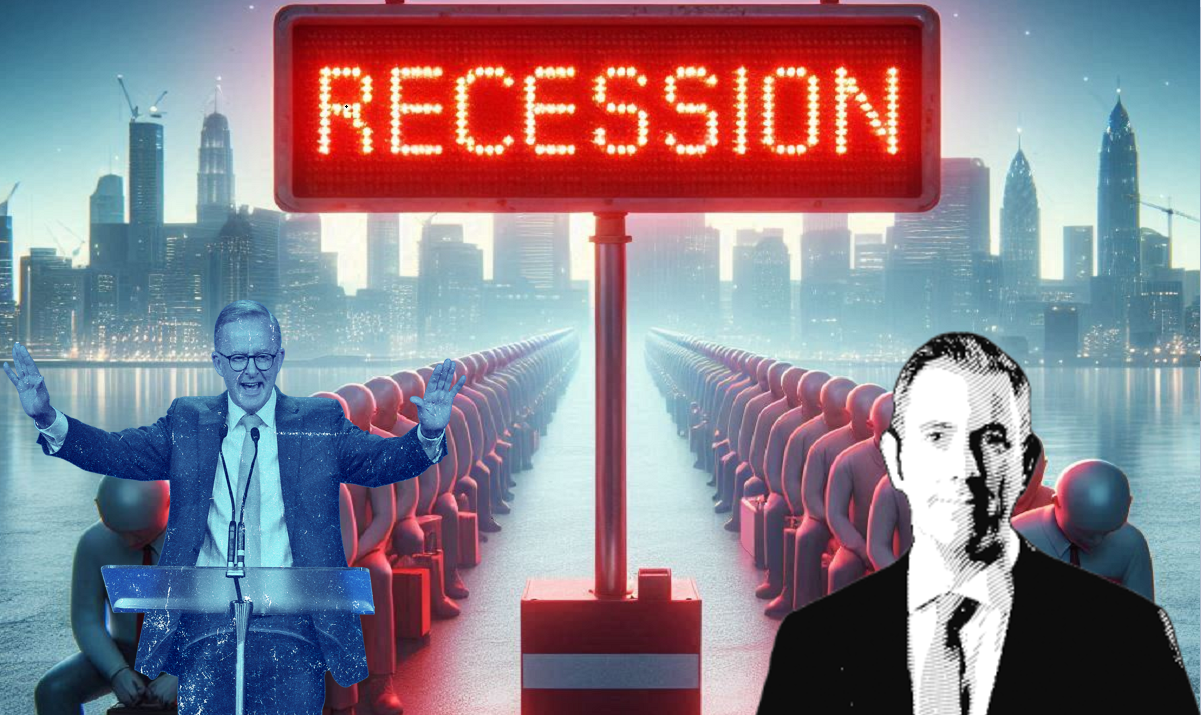Almost half of Australian workers feel burnt out – ABC listen

- by Admin
- June 13, 2024
Sally Sara: A national workplace health study has found almost half of Australian workers are burnt out and many are contemplating quitting their jobs. Businesses are also struggling to meet the needs of diverse employees and almost a third of workers surveyed felt their managers lacked empathy. National Work reporter Bronwyn Herbert with the story.
Bronwyn Herbert : Sydney mid-tier law partner Jamie knows the competing demands of long work days and family life.
Jaime: Lawyers work long hours, that’s kind of the starting expectation. So when I was sort of trying to draw boundaries and being told, oh well the expectation is that you know you’ll work from eight until seven or something like that. For an autistic person that’s a very long day because of the way we process energy differently.
Bronwyn Herbert : Earlier this year Jamie who’s in her 40s says she experienced autistic burnout.
Jaime: Didn’t want to get out of bed. Yeah just ordinary sort of household tasks needed to be done but just felt like a real drag. Lost enthusiasm for work. Manager is like well I deal with that every day. There’s nothing to be sympathetic about. So you can’t empathise with a problem that you don’t even understand.
Bronwyn Herbert : An annual survey published today by insurance group Allianz and conducted by a YouGov poll has found evidence of a so-called empathy gap in the workforce. The research had a particular focus on workers with diverse needs. Brianna Cattanach is the national mental health strategy manager at Allianz Australia.
Brianna Cattanach: Around 48% of employees reported that they were feeling fatigued and burnt out. For those who are neurodiverse we saw about a 48% response rate. For employees with a disability about 46% of people were reporting feeling quite fatigued. Carried through younger workers, generation Z had about a 39% response rate which is the greatest of all the generations and there are some of these kind of inherent challenges that are existing in workplaces that are then translating into claims.
Bronwyn Herbert : The number of psychological claims relating to stress, bullying and harassment in workplaces is rising fast.
Brianna Cattanach: We have been seeing an ongoing increase in the number of psychological workers’ compensation claims. In fact about a 47.5% increase between 2019 and 2023.
Bronwyn Herbert : The survey included responses from 500 managers and more than 1600 workers including tradies and frontline workers, white collar employees working from home to corporate managers. Organisational psychologist Sarah Cotton from Transitioning Well says the survey results are concerning.
Dr Sarah Cotton: You’ve got 38% of Australians saying that they’re likely going to consider leaving their current organisation in the next six to twelve months. So you know we know that something’s not right you know we’ve got work to do here.
Bronwyn Herbert : Dr Cotton says future workplace mental health funding needs to be carefully targeted.
Dr Sarah Cotton: Not only responding to people sort of in crisis which is important but actually also making sure that they look at preventing harm and promoting wellbeing as well because that’s the key you can’t just sit in that response lane you actually have to go how do we prevent harm and how do we promote wellbeing.
Bronwyn Herbert : For Jamie she’s hoping business owners can recognise that neurodiverse workers can be an asset.
Jaime: We’re only just starting to have this conversation about why you want to have neurodivergent employees what they bring to a workplace and what the benefits are.
Sally Sara: That’s lawyer Jamie ending that report from Bromwyn Herbert.
The Latest News
-
December 23, 2024Championship three-peat reward for ‘clinical’ Aussies | cricket.com.au
-
December 23, 2024Australian tennis star Purcell takes on voluntary provisional suspension for breaking anti-doping rules
-
December 23, 2024‘Back myself and be fearless’: Konstas lives by mantra in first hit | cricket.com.au
-
December 23, 2024Wimbledon champion accepts ban for anti-doping breach just months after winning US Open
-
December 23, 2024Australian tennis star Purcell takes voluntary suspension over anti-doping breach





